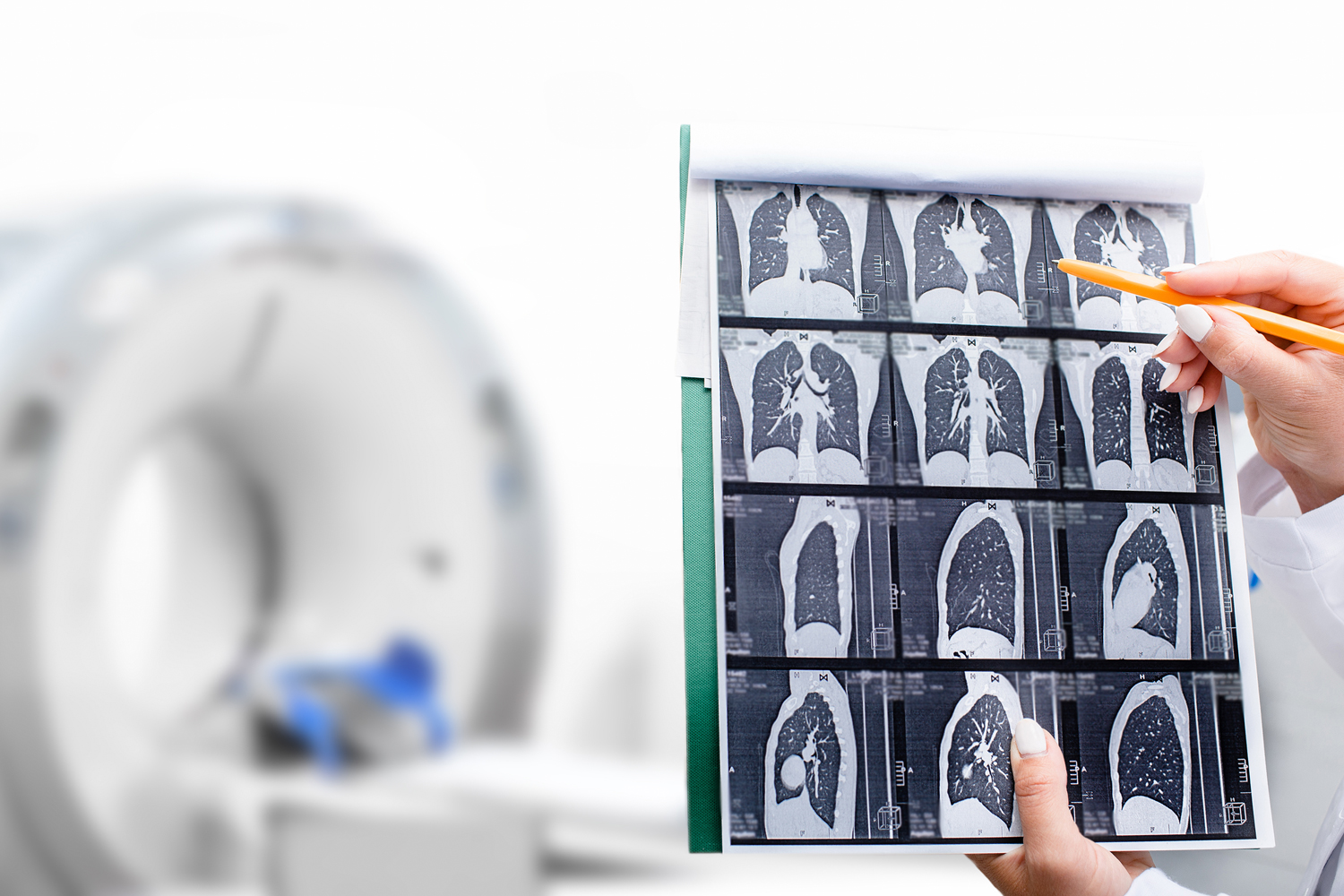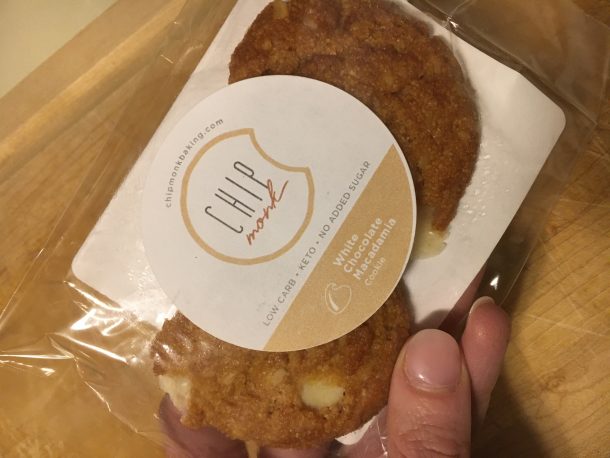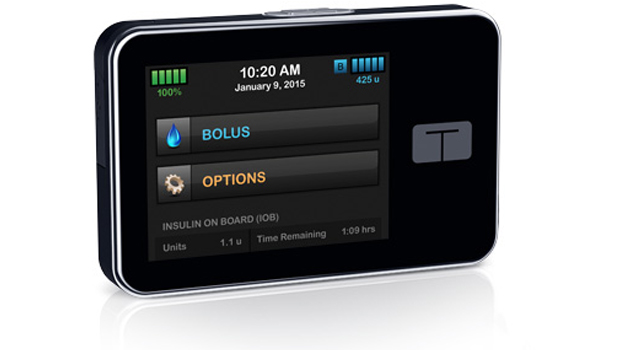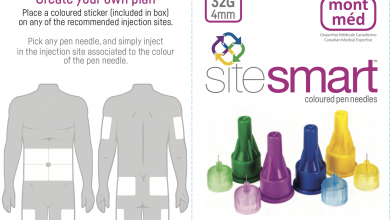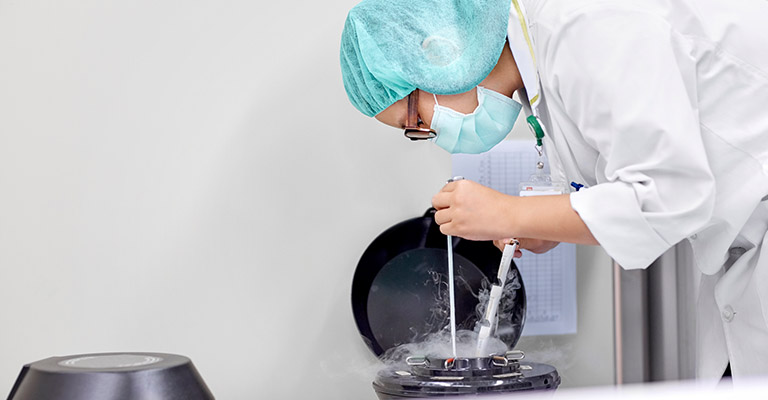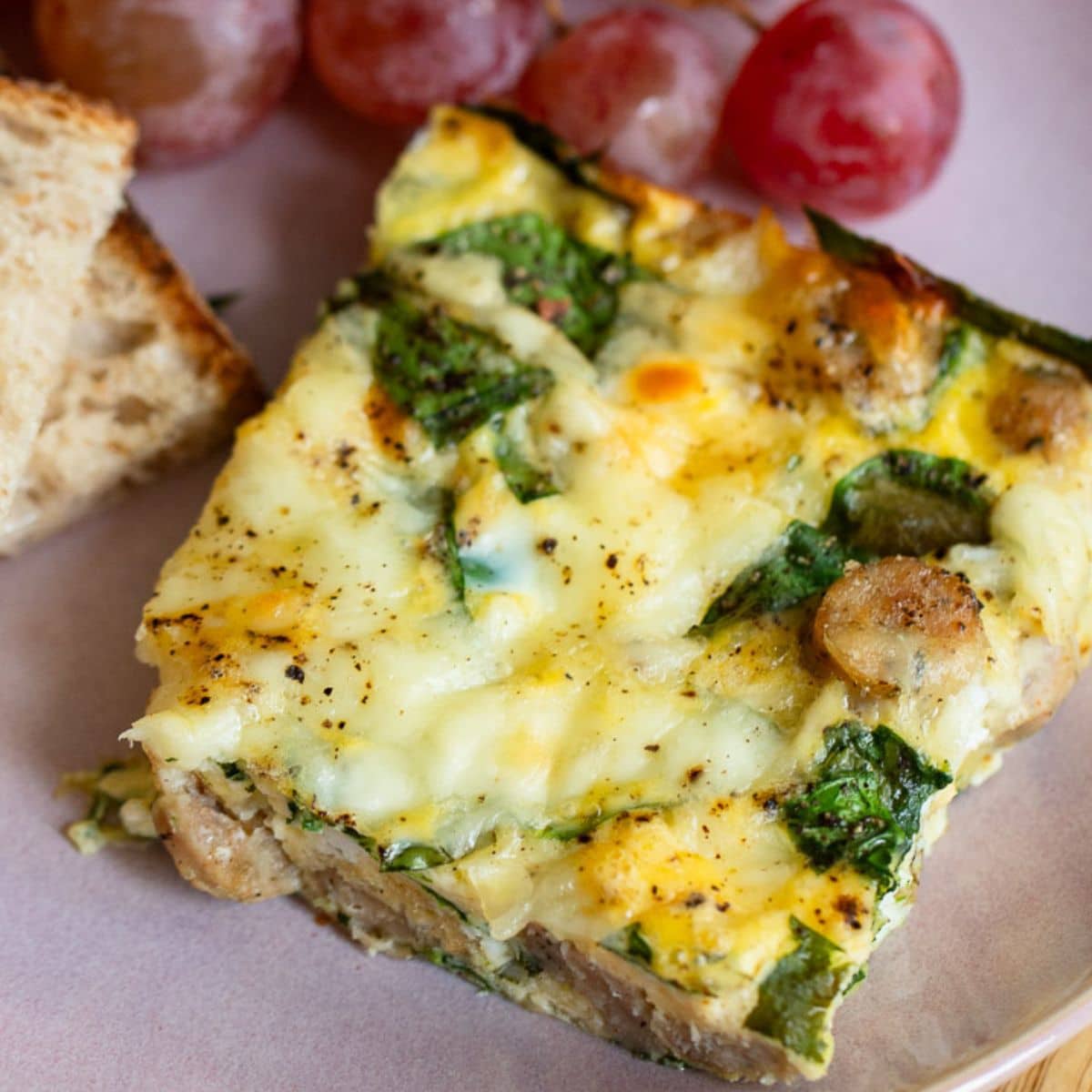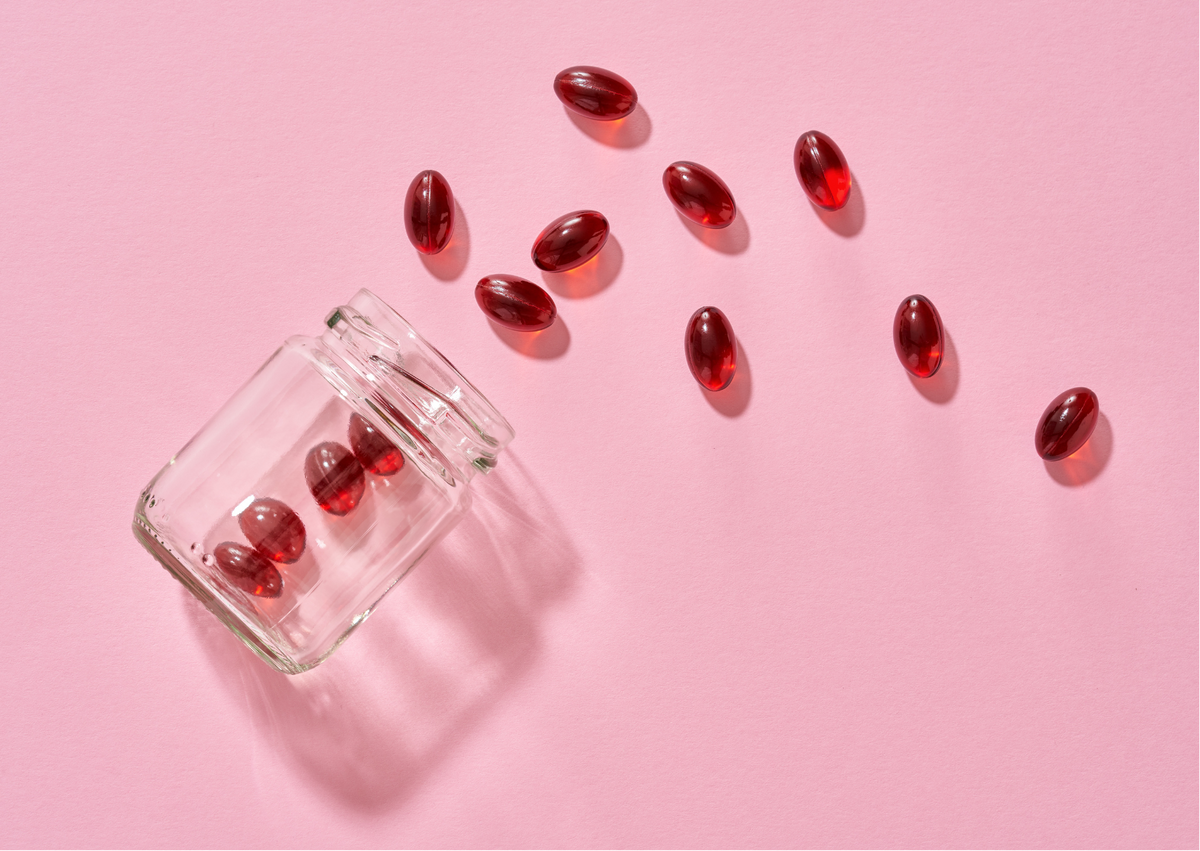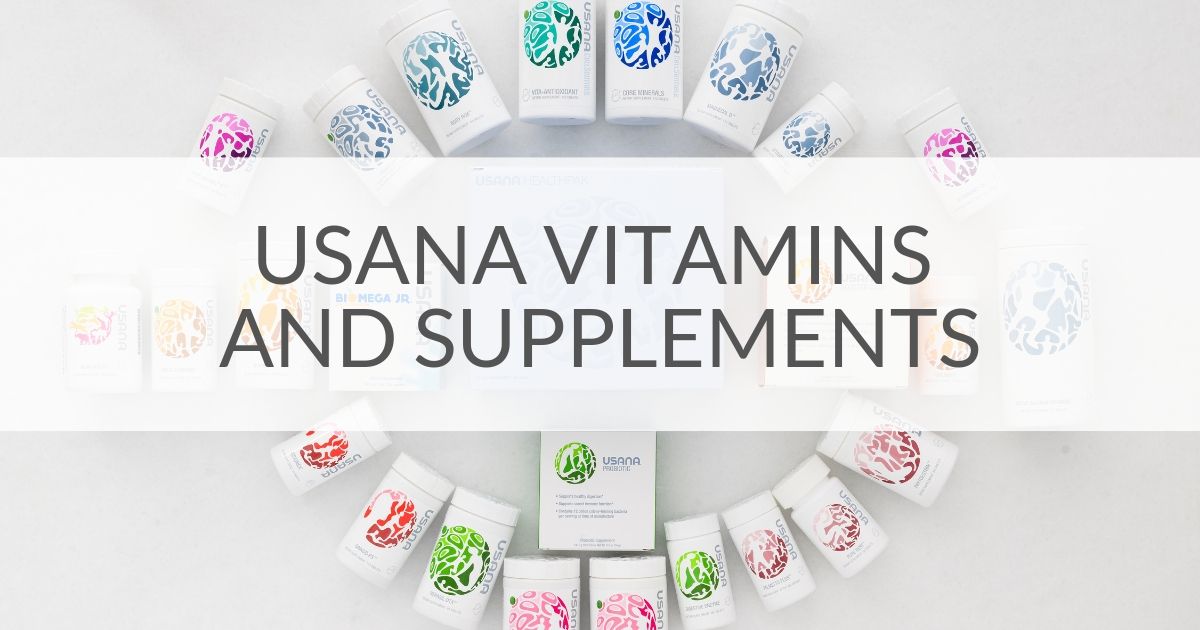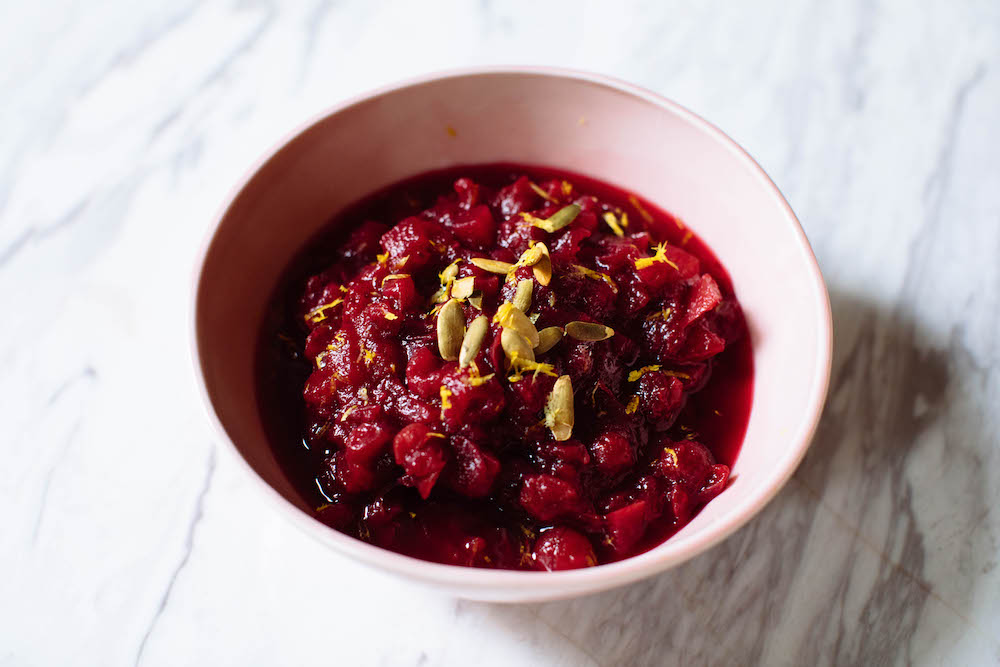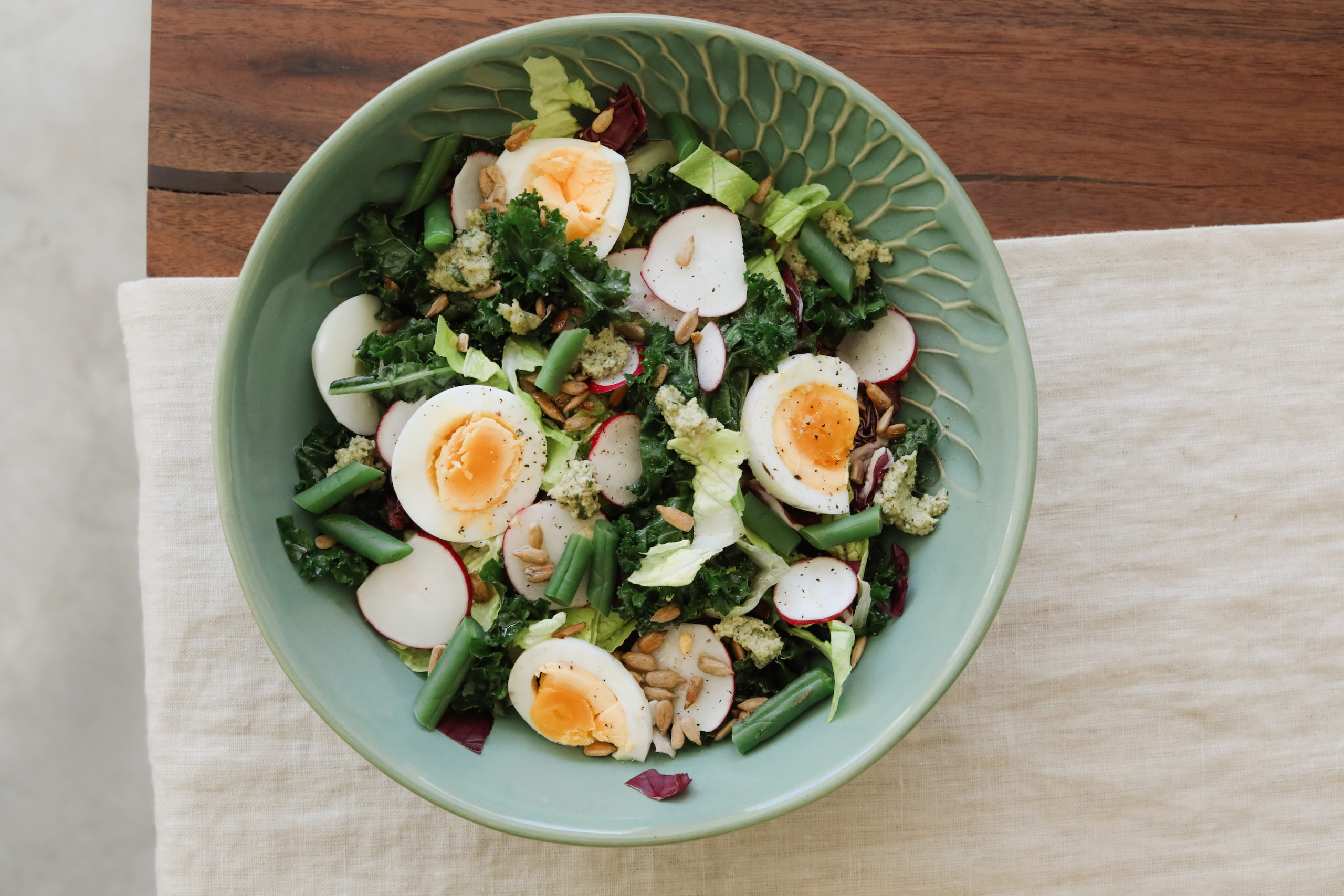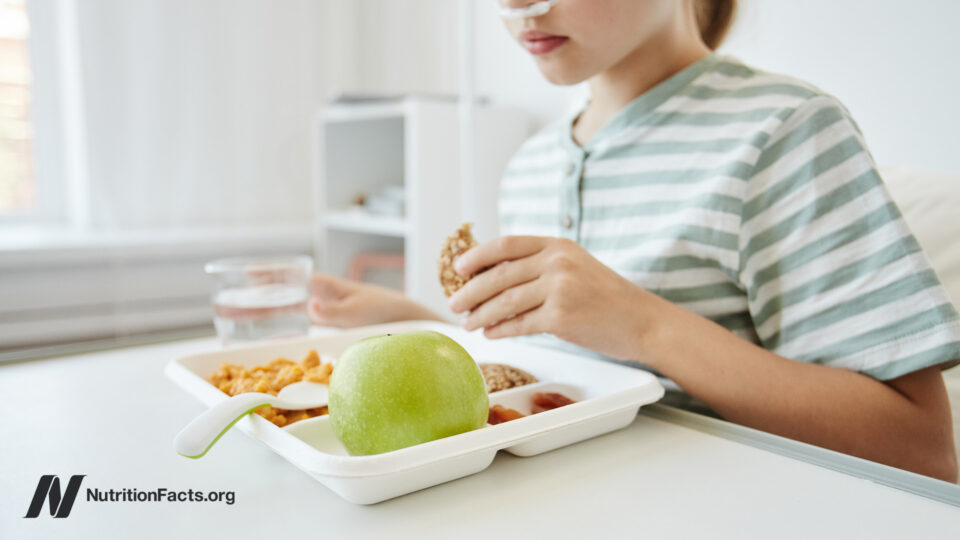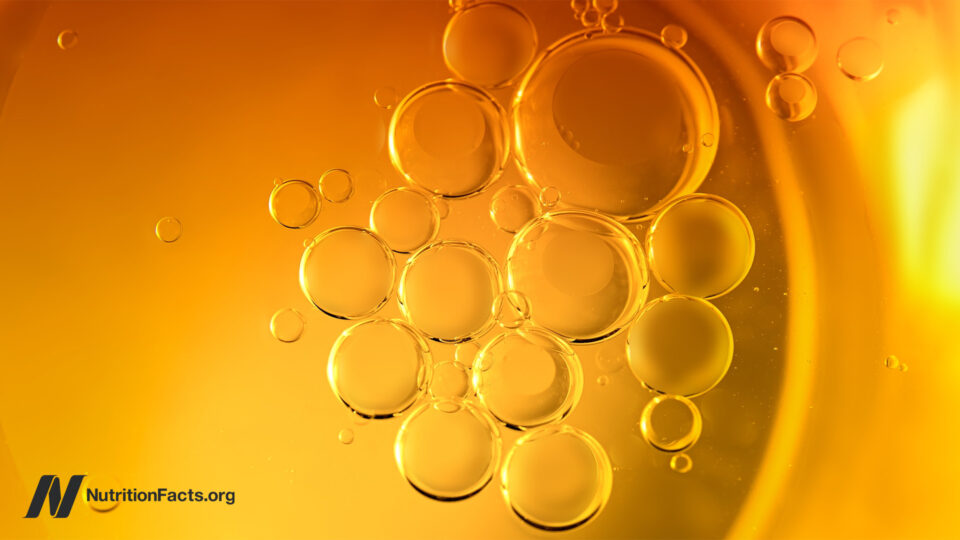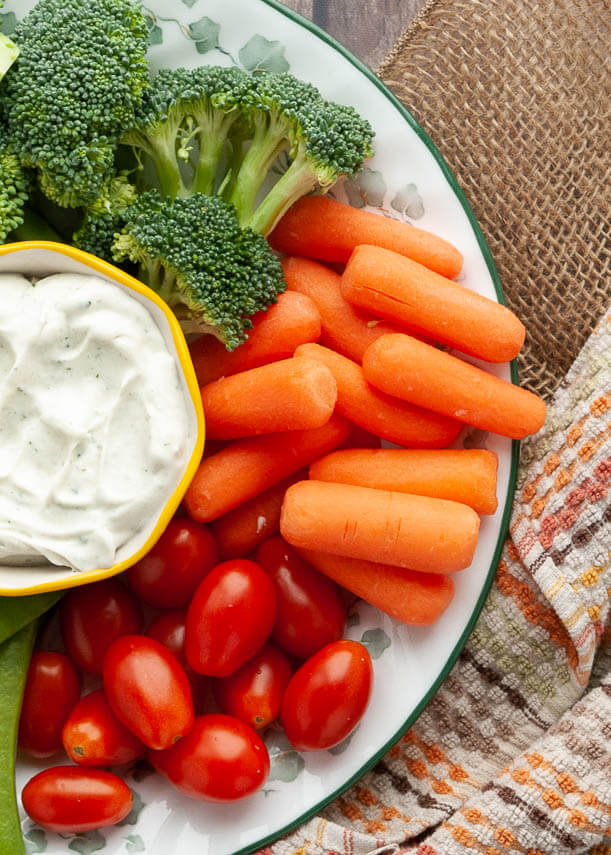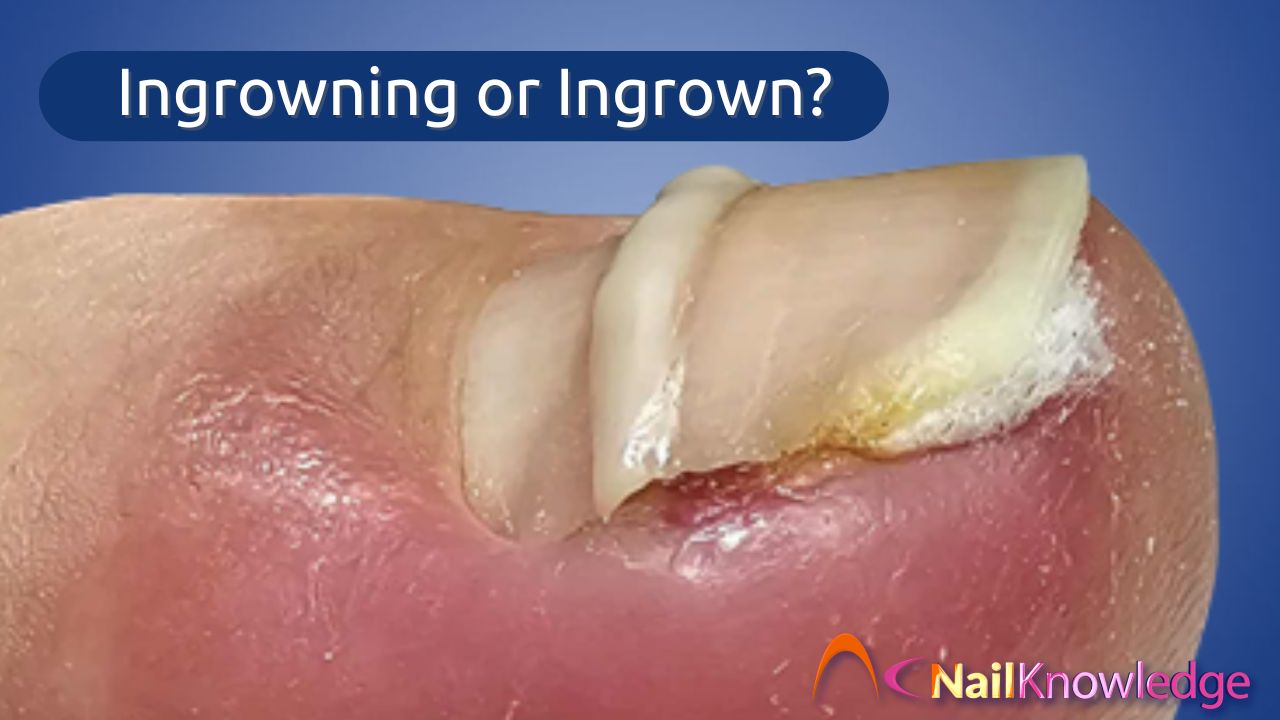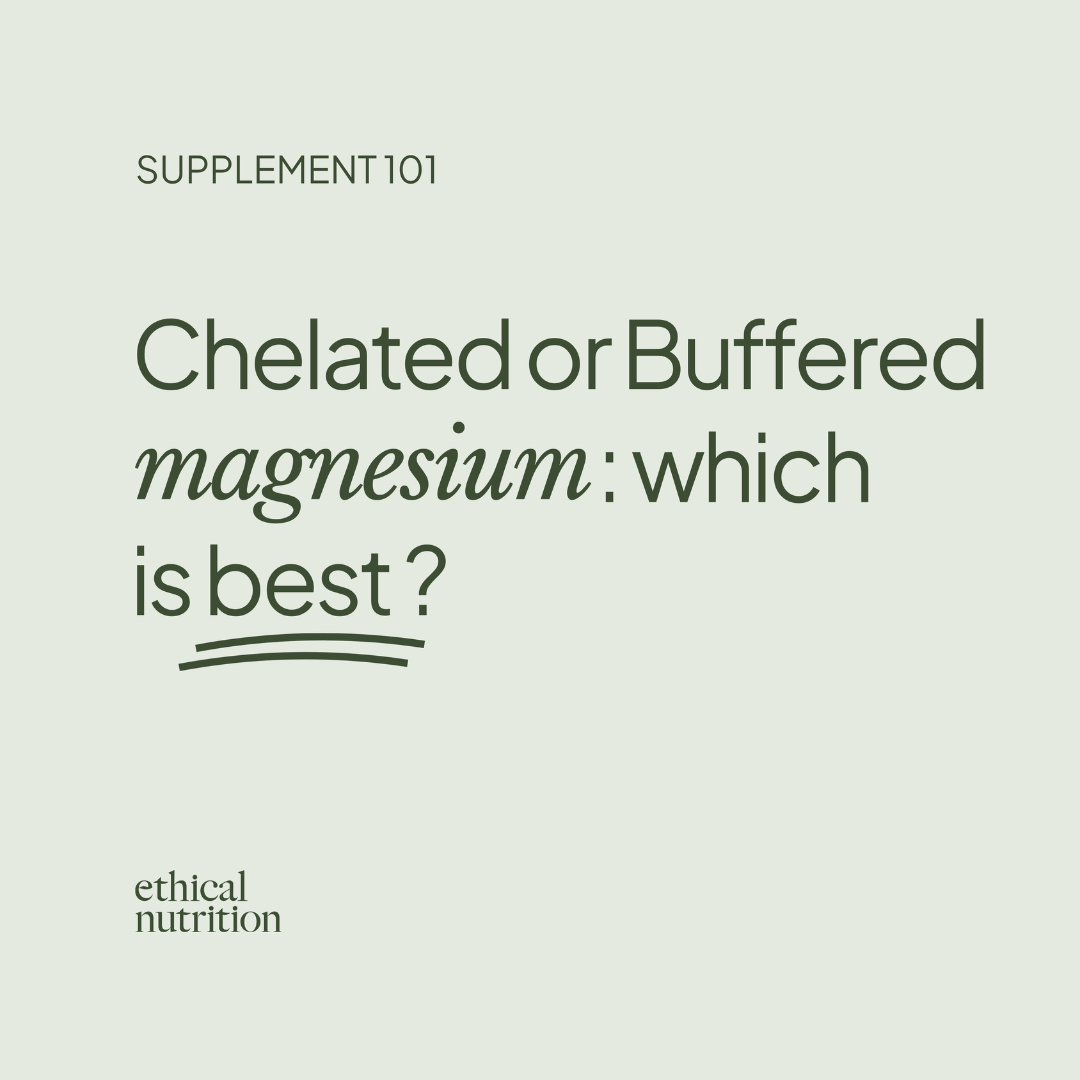How an anti-inflammatory diet can improve fertility

Written by the Progyny Editorial Team and reviewed by the Progyny Clinical Team — November 2025
Following an anti-inflammatory diet can improve fertility and reproductive results. A 2022 study highlighted that an anti-inflammatory diet appears to be associated with:
- Higher pregnancy rates in spontaneous and in vitro fertilization pregnancies
- Better live birth rates
- Improved sperm quality
Whole, unprocessed foods are linked to lower inflammation because they often contain antioxidants and other nutrients that protect cells from damage.
Antioxidants
Free radicals occur naturally in the body, but having too many can harm your cells. Antioxidants help neutralize free radicals and may prevent or delay cell damage. You can find antioxidants in many fruits, vegetables, and other whole, plant-based foods. Common examples include vitamin C, vitamin E, and carotenoids such as beta-carotene and lycopene.
Soluble fiber also plays a role in reducing inflammation. It ferments in the gut to produce short-chain fatty acids, which help nourish cells in the colon and support the metabolism of carbohydrates and fats.
Omega-3 fatty acids, found in fish, avocado, some legumes, nuts, and seeds, help prevent the formation of inflammatory molecules.
What to eat
Aim for a variety of whole, nutrient-dense foods that naturally reduce inflammation:
Protein sources
Black or kidney beans, chickpeas, lentils, tofu, tempeh, cottage cheese, Greek yogurt, chicken, turkey, and fatty fish such as salmon, tuna, mackerel, sardines, cod, herring, and anchovies. Chia seeds and nuts are also excellent options.
Whole grains and complex carbs
Choose slow-digesting carbohydrates like whole oats, whole-wheat bread or pasta, farro, quinoa, and wild rice.
Fruits and vegetables
Fill your plate with color—berries, watermelon, pineapple, kiwi, apples, pears, cherries, peaches, apricots, plums, grapes, oranges, grapefruit, pomegranates, avocado, tomatoes, leafy greens, sweet potatoes, broccoli, Brussels sprouts, beets, asparagus, eggplant, celery, bell peppers, pumpkin, mushrooms, turnips, onions, and carrots.
Pantry staples and flavor boosters
Spices and herbs such as turmeric, ginger, chili pepper, garlic, black pepper, oregano, rosemary, sage, and cinnamon can add flavor while reducing inflammation.
Healthy fats and condiments
Use vinegar, extra-virgin olive oil or avocado oil, mustard, or hot sauce to add richness without processed ingredients.
Beverages and light sweets
Choose water, unsweetened teas, black coffee, kefir, or kombucha. For something sweet, try small amounts of honey, maple syrup, monk fruit, molasses, unsweetened dried fruit, cocoa, or dark chocolate.
What to avoid
To reduce inflammation, limit or avoid:
- Simple carbohydrates, such as white flour and high-sugar foods
- Sugary beverages
- Saturated and trans fats
- Processed meats
- Fried foods
- Omega-6-rich oils, including corn, peanut, sunflower, safflower, and soy oils
The bottom line
Studies suggest that an anti-inflammatory diet can improve fertility. Adopting an anti-inflammatory diet takes time, especially when so many processed and inflammatory foods are easy to access. Start with small, sustainable changes.
While no single food can eliminate inflammation, consistently choosing whole, nutrient-rich foods can lower your risk of inflammatory conditions and support your reproductive and overall health.
If you have questions or concerns, Progyny is here for you. Please contact your Progyny Care Advocate for support.
Disclaimer: The information provided by Progyny is for educational purposes only and is not medical advice. Always consult a qualified healthcare provider for medical guidance.
The post How an anti-inflammatory diet can improve fertility appeared first on Progyny.
What's Your Reaction?
 Like
0
Like
0
 Dislike
0
Dislike
0
 Agree
0
Agree
0
 Disagree
0
Disagree
0
 Excellent
0
Excellent
0
 Useful
0
Useful
0
 Great
0
Great
0
